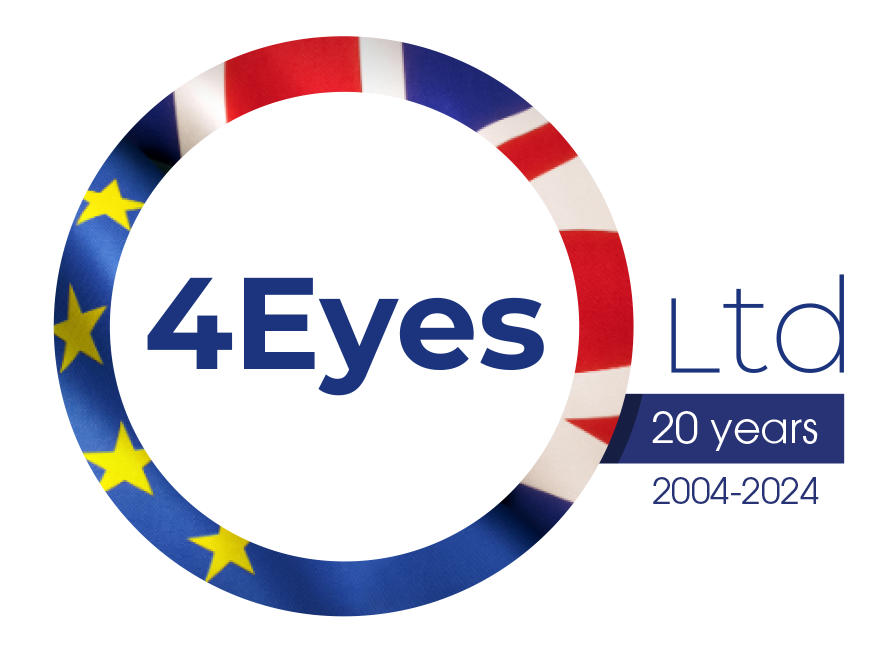News
UK Overhauls VAT Grouping Rules in Post-Brexit Shift
UK relaxes VAT grouping rules to allow inclusion of non-UK subsidiaries.
Why understanding VAT rates in Europe matters for your business
Businesses need to plan for different VAT rates across Europe.
Pre-Filled VAT Returns in Europe: Current Landscape and Future Plans
An overview on progress towards pre-filled VAT returns.
Morrisons Loses Appeal on Aluminium Foil Origin: HMRC Anti-Dumping Duty Upheld by FTT
What level of processing is sufficient to change origin for customs purposes?
UK Budget 2025: HMRC Eases VAT Rules for UK Businesses with EU Branches
VAT groups with EU branches and the UK reverse charge
Rome proposed as Host City for New EU Customs Authority HQ
Italy Proposes Rome as Host City for New EU Customs Authority
Italy has formally applied to host the headquarters of the proposed European Union Customs Authority (EUCA) in Rome — a key step in the EU’s wider customs reform agenda.
The EUCA will be responsible for managing the EU Customs Data Hub, harmonising customs procedures across Member States, and coordinating EU-wide risk analysis. Its creation signals a major shift towards increased data sharing, stronger enforcement, and more consistent customs controls throughout the EU.
Italy’s bid highlights the advanced capabilities of its Customs and Monopolies Agency, particularly in digitalisation, data integration, and fraud prevention. Rome is presented as an ideal location due to its strong infrastructure, international connectivity, cultural significance, and strategic position at the centre of Mediterranean trade routes.
For businesses trading with or within the EU, the proposed Authority points to greater scrutiny of customs data, closer alignment between customs and VAT controls, and reduced tolerance for fragmented or inconsistent compliance across Member States.
UK and international businesses should expect a stronger focus on data accuracy, supply chain transparency, and importer accountability.
As EU customs reform progresses, early preparation will be essential. 4 Eyes Ltd works with EU network partners to help businesses adapt to changing customs and VAT requirements and manage compliance risk effectively.
#EUCustons #CustomsReform #VAT #InternationalTrade #Compliance
Mandatory UK E-Invoicing from April 2029 – What Businesses Need to Know
UK to adopt mandatory e-invoicing for VAT
Autumn Budget 2025 – Key Customs & Excise Measures
Summary of customs and excise measures in Autumn budget.
Independent Retailers Urge Government to Tackle VAT Fraud and Close the £135 Duty-Free Import Loophole — Why the Issue Matters and How 4 Eyes Ltd Can Help
Independent retailers are urging the Government to crack down on overseas VAT fraud and close the £135 duty-free import loophole — issues now costing the UK up to £700m a year and distorting online competition.
VAT on NHS Parking
NHS hospitals may be entitled to significant refunds on parking charges. Act now to submit a reclaim.
UK Export Documentation Checklist for VAT Zero-Rating
Post-Brexit VAT: Why the EU Accepts Imperfect Export Proof but the UK Demands Perfection
Since Brexit, UK exporters face far tougher VAT evidential rules than their EU counterparts.
🇬🇧 UK approach:
Zero-rating requires perfect, timely export evidence — usually within 3 months. Missing or late documents? HMRC can deny zero-rating even if the goods definitely left the UK.
🇪🇺 EU approach:
More pragmatic. If customs data clearly shows the goods were exported, some paperwork gaps may be tolerated. Reality over rigid formality.
Result:
UK exporters face higher compliance risk and must operate with stricter controls than businesses in many EU states.
✅ Key takeaway:
If you export from the UK, build strong documentation and audit processes — what passes in the EU may still fail HMRC checks.
Overseas Businesses Can Reclaim UK VAT
Non UK businesses may be able to recover VAT incurred in the UK but will need to act fast not to miss the 31 December claim deadline.
Understanding E-Invoicing (Copy)
The UK is consulting on mandatory e-invoicing. Businesses should review their systems to be ready for any changes and also to benefit from the savings e-invoicing may entail.
VAT Rules for Workwear, Uniforms, and Staff Clothing: What Businesses Need to Know
Learn what makes VAT on work clothes recoverable or not.
EU-Designed Label Templates Must Be Included in Customs Value as Container Costs
The costs associated with the production, in the customs territory of the European Union, of printing templates for labels affixed to tins containing foodstuffs imported into the European Union must be added to the relevant transaction value, where the buyer established in the customs territory of the European Union makes the printing templates available free of charge in electronic form to suppliers in a third country.
UK EPR packaging scheme
UK EPR Scheme for Packaging – Modulated Fees from 2026
The UK’s new Extended Producer Responsibility (EPR) regime shifts the cost of packaging waste management to producers, with fees based on recyclability from 2026. Businesses should ensure data and compliance systems are in place ahead of the first charging year.




















